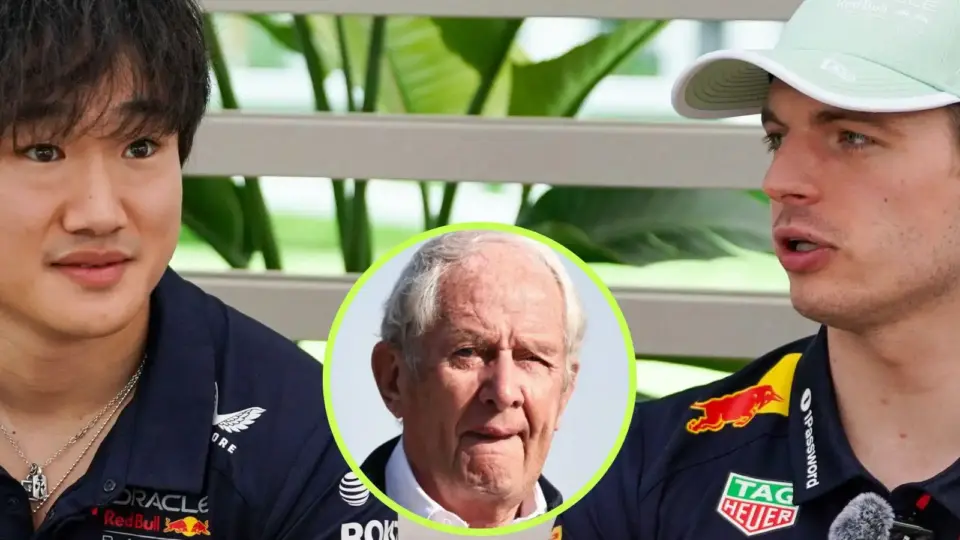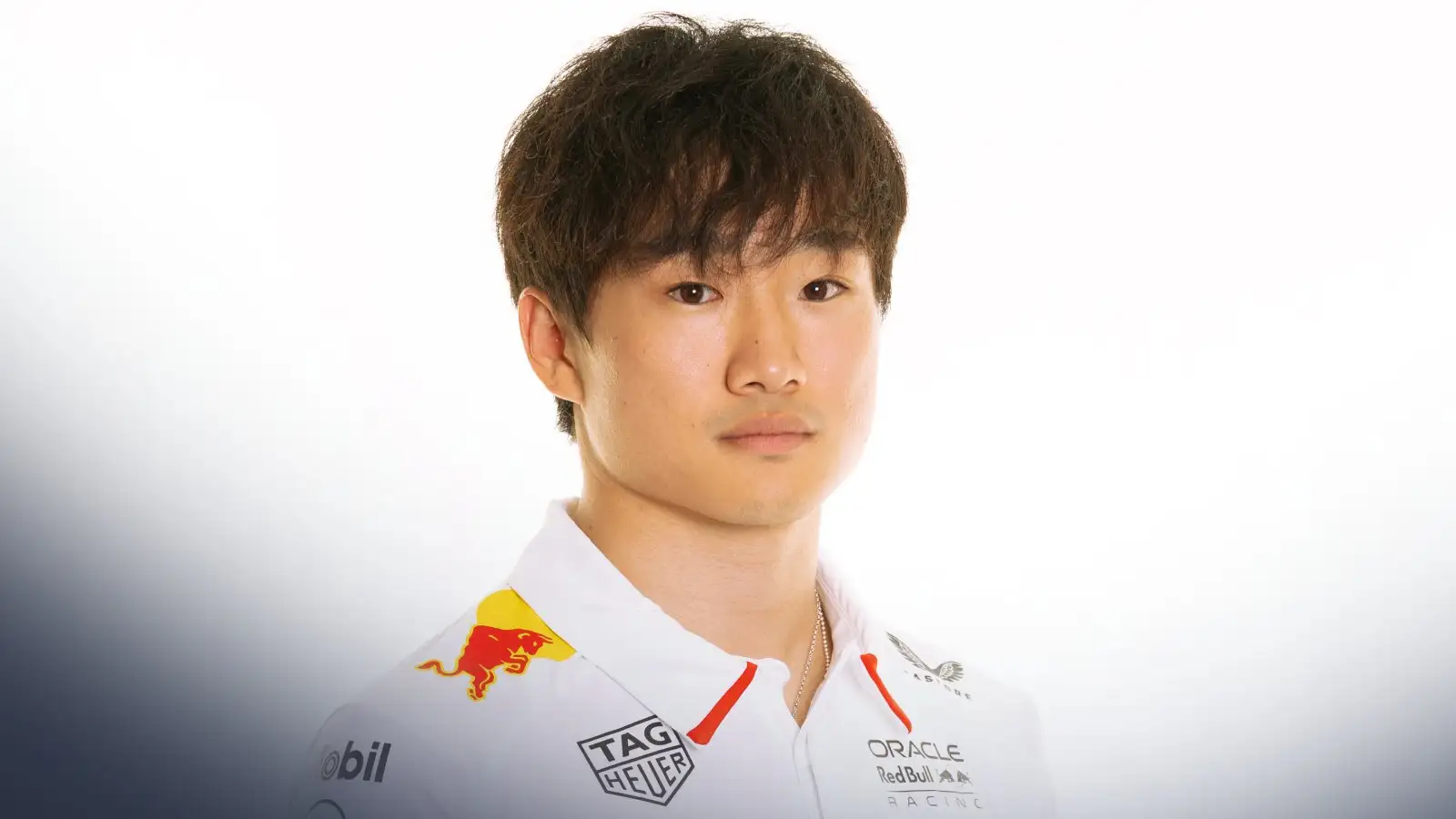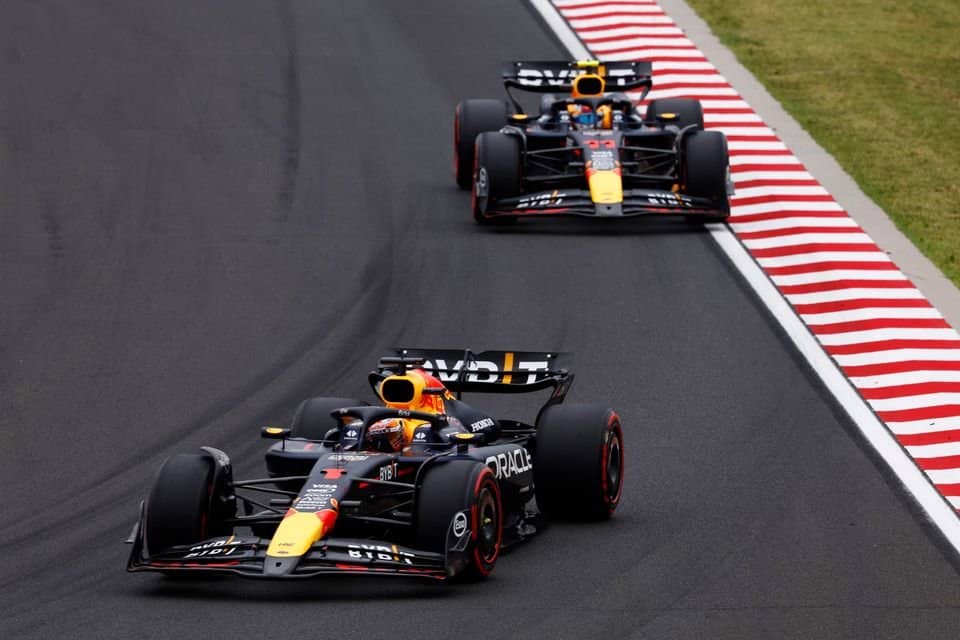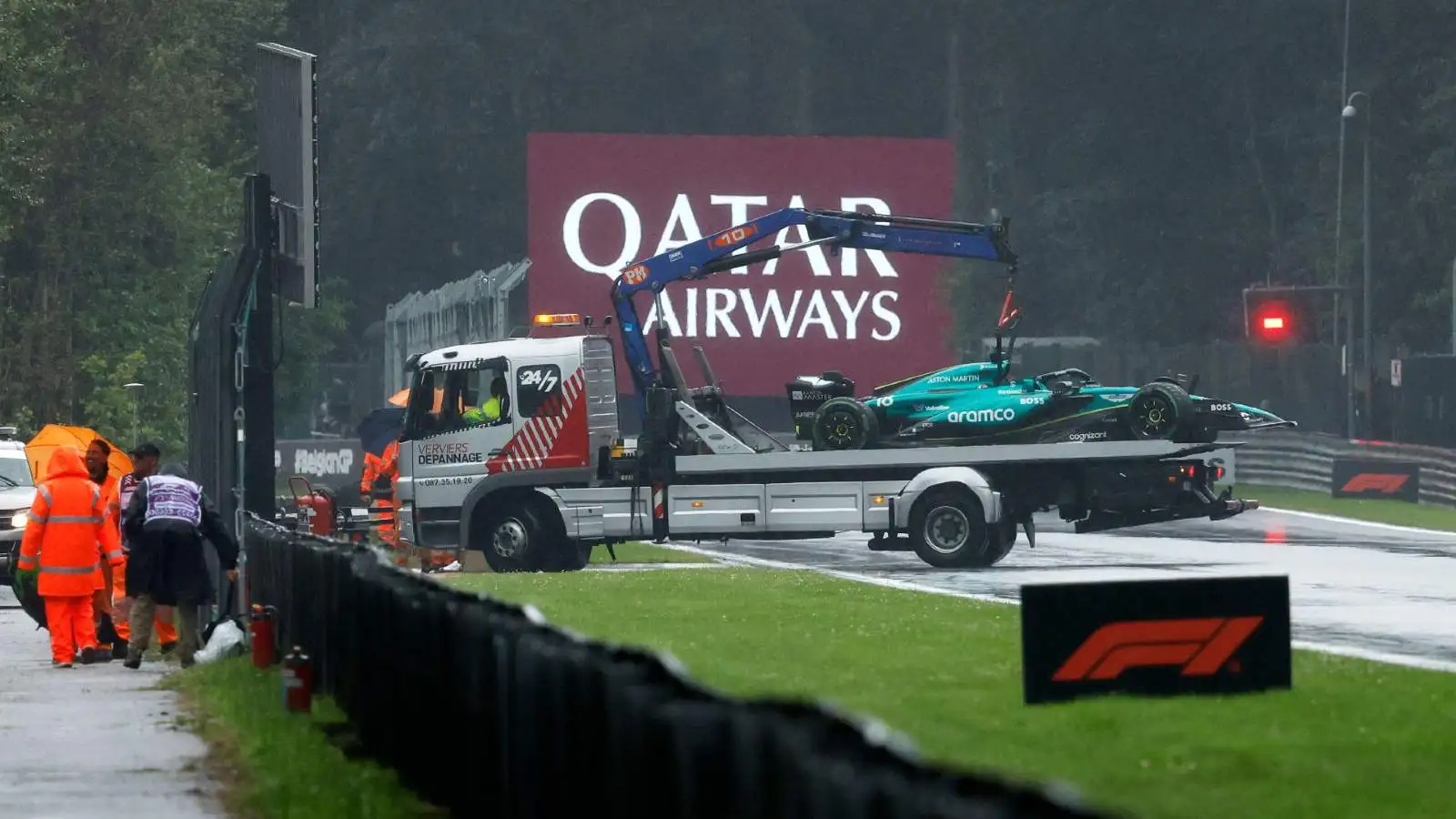Lewis Hamilton’s Miami GP radio messages raise eyebrows as tensions boil over in Ferrari.
- Hamilton voiced frustration through a pointed “you guys” during the race, highlighting team dynamics.
- Team orders tangled Ferrari’s strategy, leading to on-track tension between Hamilton and Leclerc.
- Brundle noted Hamilton’s comments as out of character, fueling discussions on his team attitude.
- Hamilton aimed to make light of his comments post-race amidst championship standings pressure.
In the heated atmosphere of the Miami Grand Prix, Lewis Hamilton’s radio outbursts drew significant attention. Known for his usually composed demeanor, it was his frustrated use of “you guys” that captured the spotlight. This seemingly simple phrase was interpreted by many, including commentator Martin Brundle, as indicative of Hamilton’s dissatisfaction with the team dynamics at Ferrari. The comment was seen as a rare glimpse of tension from a driver typically viewed as a cohesive team player, causing quite a stir in the racing community.
During the race, strategic decisions led to a challenging scenario for Hamilton. While he was eager to pass Mercedes’ Kimi Antonelli with his medium tires, the initial orders kept him behind, exacerbating his frustrations. Eventually allowed to pass, Hamilton’s overtaking efforts were thwarted, and he had to concede his position back to teammate Charles Leclerc. This chain of events led to sarcastic communications from Hamilton, such as questioning aloud whether he should let Williams’ driver Carlos Sainz through next, showcasing his mounting exasperation with the decision-making on the track.
Martin Brundle, speaking on ‘The F1 Show’ podcast, found Hamilton’s radio transmissions revealing, noting that such language was atypical for him, given Hamilton’s reputation as a dedicated team player. Brundle interpreted Hamilton’s commentary as highlighting issues within the Ferrari team strategies, which seemed to undermine his performance potential during the race. Despite closing ranks at the end to cool tensions, Brundle pointed out that some of Hamilton’s words left an enduring impression.
Post-race, Hamilton’s demeanor appeared more conciliatory when recounting a conversation with Ferrari’s team principal, Fred Vasseur. Hamilton shared that he advised Vasseur not to take things too seriously, referencing the considerable pressures drivers face during high-intensity moments. Hamilton emphasized that his comments were not harsh in comparison to others historically made in the sport and seemed intended to diffuse any lingering tension.
As Hamilton sits seventh in the Drivers’ Championship, two spots behind Leclerc, Ferrari’s broader struggles in comparison to frontrunner McLaren add context to his Miami performance and subsequent expressions of frustration. The unfolding dynamics within Ferrari’s camp continue to be a talking point, as both Hamilton and Leclerc navigate the complexities of team strategies in pursuit of better results.
Hamilton’s Miami comments highlight team strategy challenges and underline his competitive spirit in a high-pressure racing environment.










